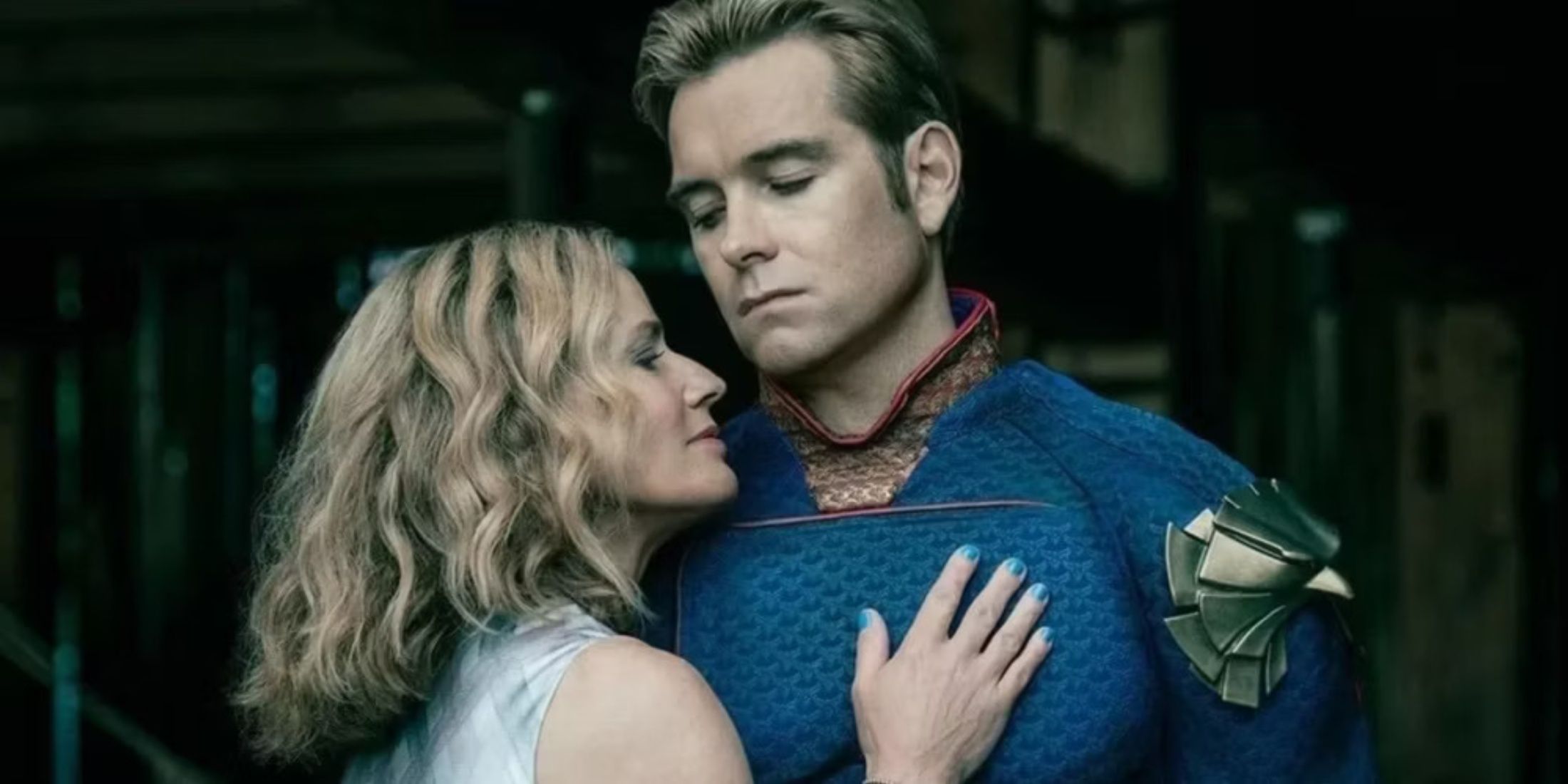In a recently released blog post, Twitch addressed the latest deepfake controversy in an attempt to protect its female streamers. The post comes as a response to an unfortunate incident that happened in January when several female Twitch streamers had their likeness exploited in order to be used for explicit content.For the uninitiated, deepfaking is the process of using artificial intelligence to create convincing images, videos, and audio of people saying or doing things they never said or did. Deepfakes are a powerful and rapidly evolving technology that has the potential to both entertain and deceive. While there can be some positive uses for deepfakes, there are also significant concerns about the potential for misuse. The technology can also be used to create malicious content targeting specific individuals, such as creating fake videos of people doing or saying something they haven’t actually done. This can lead to a loss of trust, reputational damage, and even legal ramifications.Twitch addressed its explicit deepfake content problem by first putting a label on the term, and calling it a “synthetic non-consensual exploitative image” or “synthetic NCEI.” Over the next month, Twitch will update its Adult Sexual Violence and Exploitation policy to emphasize that intentionally promoting, creating, or sharing synthetic NCEIs will result in an indefinite suspension on the first offense. Twitch’s Adult Nudity Policy is also being updated to include synthetic NCEIs. In the future, showing an NCEI on the streaming platform will lead to immediate enforcement of the streaming site’s policies, regardless of the context.
Twitch will also organize a Creator Camp on March 14th in order to educate viewers about the important social problem. Streamer Zara Ward, who is an expert on NCEIs, will be joined by a member of Twitch’s safety team and will cover everything there is to know about synthetic NCEIs.
The rise of deepfaking technology is becoming increasingly concerning, and its implications are far-reaching. Besides non-consensual explicit content, it could also be used to manipulate public opinion, spread false information, influence elections, and all around be used to create malicious content that can have a detrimental impact on individuals and society. While Twitch is taking some important steps to address the issue in order to protect its users and maintain a safe and secure environment, it remains to be seen how other companies will address the ever-growing deepfaking threat.




